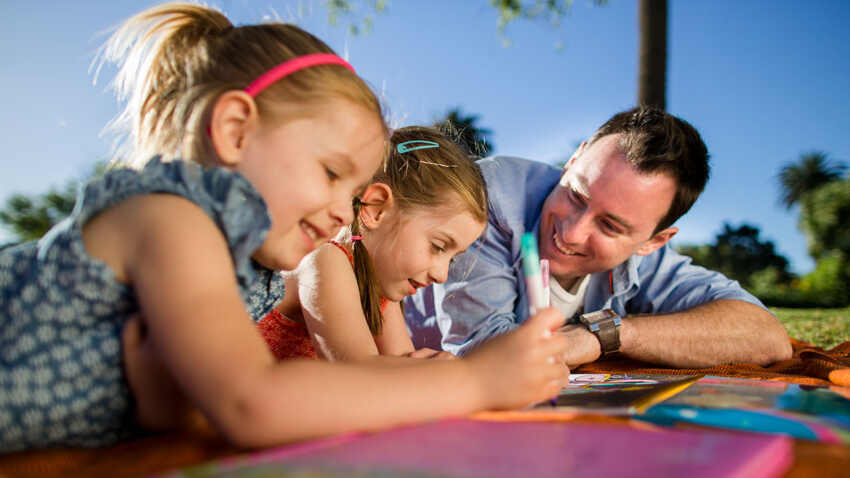7 Tips To Help Preschoolers Build Positive Peer Relationships
Not all children are outgoing in nature and don’t feel too comfortable initiating conversations and making new friends. Parents and teachers need to step in and help bring them out of their shells. Only then can they build peer relationships in childhood.
7 Tips on Helping Kids Build Relationships with Peers
1. Encourage Your Preschooler’s Efforts
Every time you see your child with peers of the same age group, encourage him to play with them. However, you should also show support if his first few attempts of making a new friend are unsuccessful. You don’t want him to feel discouraged to try again.
Speak to your child about his positive qualities. If he’s generous, tell him so. You could suggest that he shares his toy by letting a potential friend play with it. It’ll teach him how to break the ice and will prevent him from becoming demotivated in case his offers of friendship are rebuffed.
3. Let Him Know Making Friends Takes Time
Initiating a friendship is a matter of seconds; however, building a solid relationship takes time. You need to help your child understand the difference. It’ll keep him motivated.
Kids should be taught the meaning of being a good individual and a good-natured human being. It’ll help them to make better choices as they interact and grow. Here are some of the traits you can list:
- Being compassionate and kind
- Being honest
- Willingness to share happiness and empathies with sadness
- Loyalty
- A good sense of humor
- Sharing similar interests
- Positive attitude towards life and people
- Joyful in nature and should be fun to be with
- Cooperative
- Not possessive
- Not needy or greedy
5. Character above All!
Teaching kids that it’s the character that matters when choosing friends is very important. Teach them that physical appearance and wealth do not make any difference to a person’s character and shouldn’t affect children’s peer relationships.
There are many children who struggle to make new friends because of their shy nature. Parents and teachers need to help them initiate conversations. Organize simple games and activities where every child has to introduce himself to the people in the room.
7. Give Compliments
Kids love to be complimented. Who doesn’t? Compliments make people feel good about themselves and remind him of their positive qualities. Take your kids to a play area and encourage them to approach other children. Compliment them when they do. They can then progress to playing with them.
Peer relationships in child development is a very important concept, one that every parent and teacher needs to focus on. It not only helps kids move well in social circles but also builds confidence and self-esteem.
SHIJINA RIJESH
